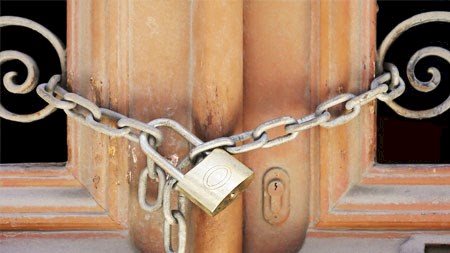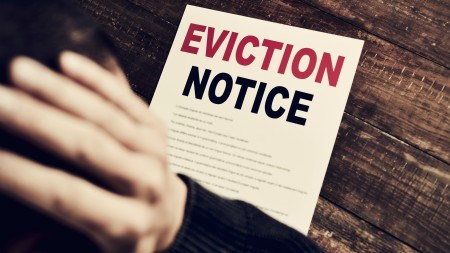A developer's plans to build up-market houses on a 6000m2 piece of land in Fairlands in Johannesburg has backfired, thanks to a High Court judgement which has found that the elderly couple who have lived in a house on the property for more than 40 years may not be evicted.
The landmark ruling came in the wake of an attempted illegal eviction in 2013, when a group of men descended on the property without warning and tried to remove the roof of the couple’s home. The pensioners enlisted the help of Socio Economics Right Group (SERI), took the developer to court - and won.
The ruling was based on a number of issues, but one of the points the judge raised was that the onus is on an owner to show that an eviction would be just and equitable. In this case, the developer had ‘not made any serious attempt to satisfy the onus'. In terms of meaningful engagement, he found that, apart from 'intimidatory tactics', there had been 'no engagement' at all with the two 71-year-old residents.
In other words, instead of consulting with the tenants, the developer took it upon himself to make their lives unbearable by attempting to hound them off the property.
Courts jealously guard their powers and don't take kindly to those who attempt to take the law into their own hands.
Nomzamo Zondo, a SERI attorney who acted for the residents, noted that this was a ground-breaking case. "It is very unusual for a court to refuse to grant an eviction order to a private owner on just and equitable grounds. This case serves as a warning that property developers must treat poor people who they find living on newly-purchased land with dignity and respect. Our constitution demands nothing less."
Acting Judge Paul Carstensen found that the owner of the land had not proven that an eviction order would be just and equitable. He dismissed the application with costs. The judge found that, taking into account the circumstances and factors set out in section 4(7) of the Prevention of Illegal Eviction from, and Unlawful Occupation of Land Act 19 of 1998 (the PIE Act) - including the length of time which the residents have lived on the land, the circumstances under which they moved there, the fact that there are old age pensioners on the property and that there is a lack of alternative accommodation - all ’clearly tilt the scales of justice in favour [of the residents]’.
While this is clearly an exceptional case, one has to wonder if the outcome would have been different if the developer had acted differently. It appears that the company concerned took a high-handed approach, possibly because it assumed that the court would find in its favour and evict.
While it is perfectly understandable for a landlord/landowner to want to remove a tenant who doesn't pay rent or who is squatting on the property, trying to force that resident off the property without going through the correct legal channels could have disastrous consequences for the owner.
That said, there is still a seemingly large number of people who believe that disconnecting the water and electricity, changing the locks or in the worse case scenario, bringing in the ‘heavies', is an acceptable way of removing people from a property. Simply put, it's not. It doesn't matter whether you believe that tenants have more rights than you, the lawful owner, it's of no consequence if the tenant doesn't pay rent or pays in dribs and drabs. In this country, owners have to take the legal route when evicting people from their property, regardless of the reason. Flout the law at your own peril - because when the courts do bite, it tends to hurt and leaves a nasty scar.




